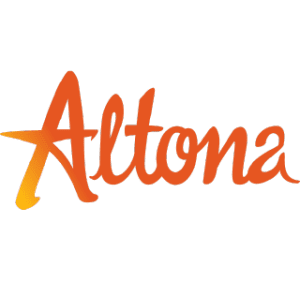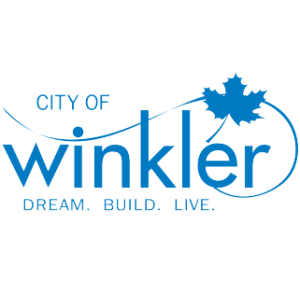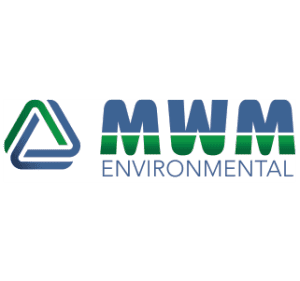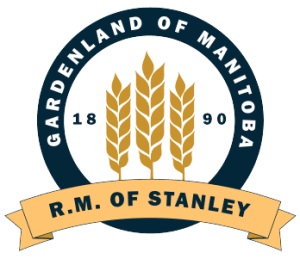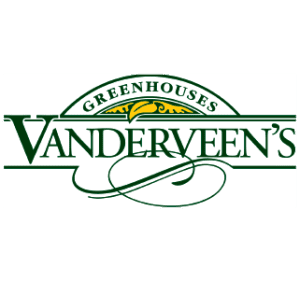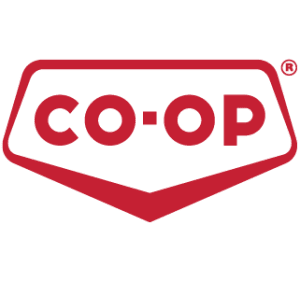We’re passionate about creating a positive impact on our community and the environment.
Green Opportunities Inc. is just as the name says, an opportunity to divert from the landfill, with the added benefits for not only the environment and the person themselves. Our products are Manitoba-made and are part of the Full Circular Economy.
What comes in, must go out
We deliver professional solutions with the highest level of customer service and genuine commitment to our community and environment.
120,000+
Over the past 23 years, our facilities have diverted well over 120,000 tonnes of materials from landfills, reintroducing them into the Full Circular Economy. This significant achievement would not have been possible without the support of surrounding communities, businesses, and our dedicated staff who shared our vision of making a difference.
